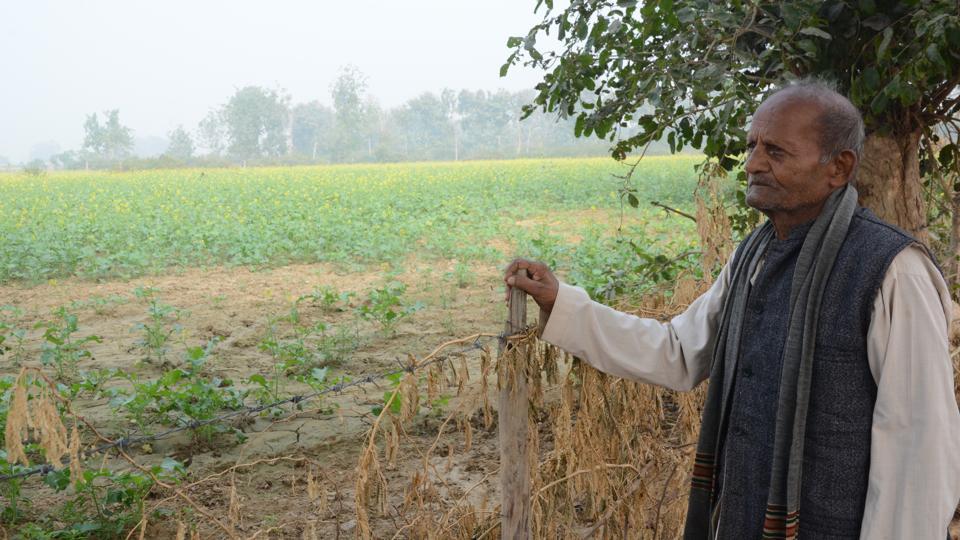Villagers have found a way out to beat the cash crunch caused by government’s decision to demonetise ₹500 and ₹1000 currency notes, as they have been bartering grains for goods to meet the daily needs.
As per the reports pouring in from Ghazipur village of Uttar Pradesh, a villager offered sack full of wheat, weighing 100 kg, in exchange for vegetables, spices, wheat flour, rice and oil.
The owner of the field they (villagers) had worked given them the wheat in exchange for their labour.
“This is the only way I can make sure my family has food and lentils with their meals. The children don’t understand the problem, we can’t make them understand either. They want food and we have to arrange (for food),” an eighty-year-old Munshi Lal, who have not found any work for the past 13 days either in the fields or on the multiple construction sites, told Hindustan Times.
“Money is no longer available to us. God knows when we will have work.” he added
The daughter-in-law of one of his dead brothers, Meena, is worried about arranging for the wedding of her eldest daughter.
Suman’s wedding has been fixed to be held on December 20 and the family doesn’t have much cash to spend on the ceremonies.
Meena’s husband has a broken hand and her three children are too young to work. However, unlike Lal, this family has one bigha of land and rice – in abundance after the autumn harvest – would be the medium for exchange. As will be wheat for potatoes, flour, vegetables, cooking oil, spices and even for salt.
Families like Meena’s have been dealing in rice and wheat as currency in the countryside.
“I will have to trade the rice even for clothes. How will my daughter live in her sasural (in law’s house) if we fail to provide right hospitality to the baratis (guests from the groom’s family)? She will be teased for any folly of ours. I cannot jeopardise her dignity, we will do the best we can to arrange funds,” Meena said.
She has struck a deal with a farmer who would give her ghee or clarified butter, vegetables and flour for the wedding feast. In turn, he will keep one-quarter of the wheat crop the family would sow.
To earn some cash, she has started working in households in Kalyanpur, 15 km away from Ghazipur, and will barter the paddy for the clothes from local shops.
The village merchant Pooran Gupta , the merchant who has struck some goods deals with the villagers, set a reminder. He said the barter system will not work as the villagers are bound to run out of things to exchange.
“Cash squeeze has begun hurting me. The number of people for barter is increasing by the day and how long I can barter is the question before me?” he asked.
The scene is no different in cities and towns across the country after the November 8 shock announcement took out 86% of the currency out of circulation. On Thursday, tens of thousands of people lined up at banks and ATMs across the country, as the first payday since the recall of the high-value banknotes raised fears of more chaos amid the severe cash crunch.
Most government and private sector employees get their salaries credited to their accounts on the last day of the month and millions of people were expected to withdraw cash to meet their immediate needs – such as school and medical fees, newspaper bills, and other sundry purchases. In India, 78% of consumer payments are made in cash, which the government is attempting to change.

















